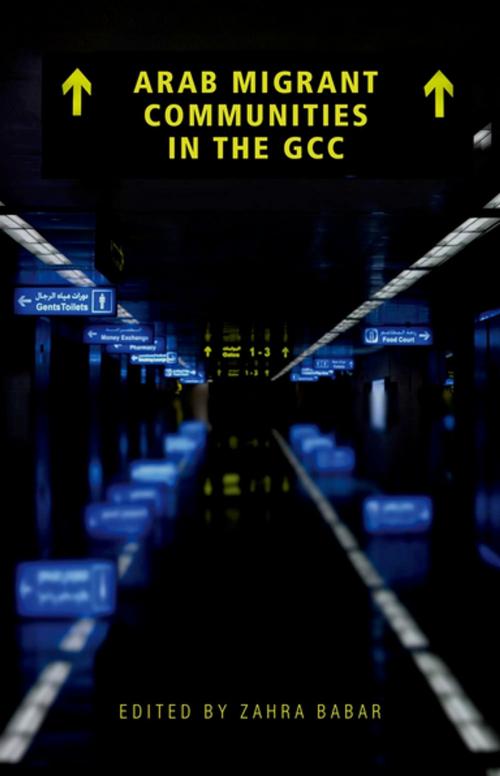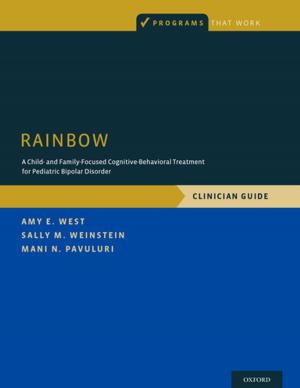Arab Migrant Communities in the GCC
Nonfiction, Social & Cultural Studies, Social Science, Cultural Studies, Emigration & Immigration, Political Science, International| Author: | ISBN: | 9780190869748 | |
| Publisher: | Oxford University Press | Publication: | July 1, 2017 |
| Imprint: | Oxford University Press | Language: | English |
| Author: | |
| ISBN: | 9780190869748 |
| Publisher: | Oxford University Press |
| Publication: | July 1, 2017 |
| Imprint: | Oxford University Press |
| Language: | English |
Long a recipient of migrants from its surrounding areas, the Arabian Peninsula today comprises a mosaic of communities of diverse ethnic, cultural, linguistic and religious origins. For decades, while the Gulf Cooperation Council (GCC) states have housed and employed groups of migrants coming and going from Asia, Africa and the West, they have also served as home to the older, more settled communities that have come from neighbouring Arab states. Arab Migrant Communities in the GCC is a unique, original work of scholarship based on in-depth fieldwork shedding light on a topic both highly relevant and woefully understudied. It focuses on the earlier community of Arab immigrants within the GCC, who are among the politically most significant and sensitive of migrant groups in the region. Through its multi-disciplinary lenses of social history, cultural studies, economics, and political science, the book presents original data and provides analyses of the settlement and continued evolution of migrant Arab communities across the GCC, their work in and assimilation within host societies and labour markets, and their political, economic, social and cultural significance both to the GCC region and to their countries of origin.
Long a recipient of migrants from its surrounding areas, the Arabian Peninsula today comprises a mosaic of communities of diverse ethnic, cultural, linguistic and religious origins. For decades, while the Gulf Cooperation Council (GCC) states have housed and employed groups of migrants coming and going from Asia, Africa and the West, they have also served as home to the older, more settled communities that have come from neighbouring Arab states. Arab Migrant Communities in the GCC is a unique, original work of scholarship based on in-depth fieldwork shedding light on a topic both highly relevant and woefully understudied. It focuses on the earlier community of Arab immigrants within the GCC, who are among the politically most significant and sensitive of migrant groups in the region. Through its multi-disciplinary lenses of social history, cultural studies, economics, and political science, the book presents original data and provides analyses of the settlement and continued evolution of migrant Arab communities across the GCC, their work in and assimilation within host societies and labour markets, and their political, economic, social and cultural significance both to the GCC region and to their countries of origin.















